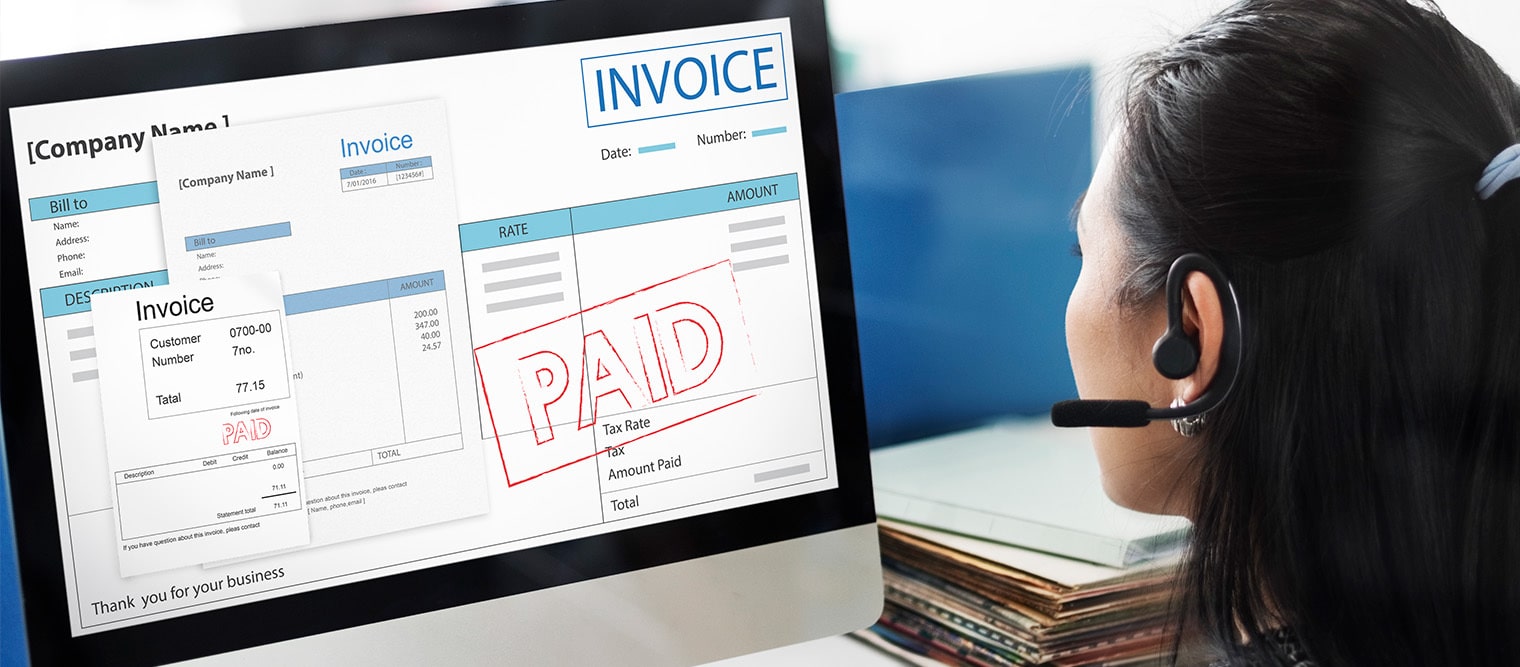Cash flow problems are among SMEs’ most common and critical challenges today. Whether you’re a startup or an established business, managing your cash flow efficiently is essential to survival and growth. According to a survey, 30% of existing business owners identified managing cash flow challenges as one of their top issues.
This comprehensive guide will discuss what to do when your business has a cash flow problem, explore its causes, and provide actionable strategies. By taking a proactive approach and utilizing available resources, you can safeguard your company against the pitfalls of poor cash management.
Understanding Cash Flow Problems
Cash flow problems occur when the money coming into your business is insufficient to cover your short-term obligations. These issues can emerge quickly for SMEs due to delayed payments, unexpected expenses, or ineffective budgeting.
Cash flow problems can lead to missed opportunities, increased borrowing costs, or, in worst-case scenarios, business failure. One of the most cited statistics indicates that approximately 82% of SME failures are linked to cash flow problems.
Common Causes of Cash Flow Problems
For many SMEs, several factors contribute to cash flow problems. Understanding these factors is the first step in addressing the issue:
- Delayed Receivables: Many SMEs experience delays in receiving customer payments, disrupting the expected cash inflow. Even profitable businesses can struggle to pay bills or invest in growth without prompt payments.
- Overstocking Inventory: Excess inventory ties up valuable cash that could be used for daily operations. Inefficient inventory management is a frequent culprit behind cash flow problems, especially during slow sales.
- High Operating Expenses: Unexpected or excessively high operating costs can quickly drain cash reserves. Whether it’s rising utility bills, increased rent, or unexpected repairs, these expenses can trigger serious cash flow problems.
- Rapid Expansion: Expanding too quickly without sufficient working capital is a common mistake among growing SMEs. While growth is desirable, it must be managed with a solid cash flow strategy to avoid liquidity issues.
Recognizing the Warning Signs
Before a cash flow problem spirals out of control, it’s crucial to recognize early warning signs. Some key indicators include:
- Late customer payments: Repeated delays signal that your invoicing or credit policies may need a review.
- Difficulty covering payroll: If you’re consistently struggling to pay employees on time, this is a clear sign that cash flow problems are emerging.
- Increasing reliance on credit: Turning to loans or overdrafts more frequently can indicate that your business is not generating enough cash to sustain operations.
- Declining profit margins: Reduced profitability often means that expenses are outpacing revenue, creating a cycle of cash flow problems.
Strategies to Overcome Cash Flow Problems
Addressing cash flow problems requires a multi-pronged approach. Below are several strategies that can help SMEs navigate financial turbulence and secure the business’s future:
1. Develop a Detailed Cash Flow Forecast
Creating a comprehensive cash flow forecast is essential. A detailed forecast enables you to predict future cash inflows and outflows, allowing you to plan for shortfalls before they become critical. Use historical data, current trends, and realistic projections to create a forecast that guides your financial decisions.
2. Improve Invoicing and Collections Processes
Optimizing your invoicing system can significantly alleviate cash flow problems. Consider the following tactics:
- Invoice promptly: Send invoices when a service is delivered or a product is sold.
- Implement clear payment terms: Ensure your payment terms are unambiguous and enforceable. •
- Offer early payment discounts: Incentivize customers to pay sooner by offering a small discount.
- Follow up on overdue invoices: Establish a systematic follow-up process for late payments.
By streamlining these processes, you can reduce the delays in cash inflow and mitigate cash flow problems.
3. Tighten Inventory Management
Inventory can be both an asset and a liability. Effective inventory management involves balancing the need to meet customer demand without tying up too much cash. Techniques to improve inventory management include:
- Just-In-Time (JIT) inventory: Order stock only when needed to reduce holding costs.
- Regular audits: Conduct periodic reviews to identify slow-moving or obsolete inventory.
- Vendor-managed inventory: Work with suppliers who can manage inventory levels based on your sales data.
Reducing excess inventory ensures that more cash is available for daily operations, thus reducing cash flow problems.
4. Control Operating Costs
Reducing unnecessary expenses can free up cash and help alleviate cash flow problems. Review your expenses regularly to identify areas where costs can be cut without sacrificing quality. Strategies include:
- Negotiate with suppliers: Request better payment terms or discounts.
- Adopt energy-saving practices: Reduce utility bills through energy-efficient upgrades.
- Outsource non-core functions: Outsource tasks that do not require in-house expertise to lower labor costs.
By controlling costs, you can preserve cash and ensure your business remains agile in responding to changing market conditions.
5. Explore Alternative Financing Options
When cash flow problems become severe, exploring alternative financing can provide a much-needed buffer. Consider the following options:
- Invoice Financing: This allows you to borrow against outstanding invoices, providing immediate cash that can be used to cover short-term needs.
- Short-term Loans: Consider traditional bank loans or lines of credit to bridge temporary gaps in cash flow.
- Merchant Cash Advances: Although these can be more expensive, they offer a rapid influx of cash based on future credit card sales.
- Crowdfunding: With a loyal customer base, crowdfunding can effectively generate capital without incurring debt.
6. Enhance Financial Management Through Technology
Financial management software can provide real-time insights into your business’s cash position. Tools that automate invoicing, expense tracking, and cash flow forecasting can reduce human error and help you make informed decisions quickly.
Automation streamlines operations and minimizes the risk of cash flow problems by ensuring you’re always aware of your financial standing.
7. Build and Maintain a Cash Reserve
Maintaining a cash reserve is one of the best defenses against cash flow problems. A cash buffer helps your business weather unexpected expenses or periods of low revenue. To build a cash reserve:
- Set aside a percentage of profits: Make saving a regular part of your financial strategy.
- Reinvest excess cash: Instead of spending surplus funds, reinvest them to strengthen your financial position.
- Plan for emergencies: Establish clear guidelines for when and how to use your cash reserve.
8. Revisit Your Business Model
Sometimes, cash flow problems indicate deeper issues within your business model. It may be time to reassess your pricing strategy, product mix, or target market. Ask yourself whether your current model is sustainable and what adjustments can be made to improve cash flow.
For instance, moving toward a subscription-based model or offering bundled services can create a more predictable revenue stream and reduce cash flow problems over the long term.
9. Engage in
Regular Financial Reviews Regularly reviewing your financial performance is crucial in preventing and addressing cash flow problems. Set aside time monthly or quarterly to analyze your cash flow statement, income statement, and balance sheet.
Identify trends, evaluate the effectiveness of your strategies, and adjust your plans accordingly. This proactive approach not only helps prevent cash flow problems but also enables you to spot opportunities for growth and improvement.
10. Seek Expert Advice
Sometimes, the best way to address cash flow problems is to bring an outside perspective. Financial advisors or accountants can provide insights and strategies that you might overlook. They can help you develop a robust cash flow forecast, optimize your budgeting, and identify areas where improvements can be made.
The Broader Impact of Cash Flow Problems on SMEs
Cash flow problems affect day-to-day operations and can have far-reaching consequences on an SME’s long-term prospects. Insufficient cash flow can limit your ability to:
- Invest in new opportunities: A cash shortage can hinder growth initiatives, whether in research and development or market expansion.
- Attract and retain talent: Competitive compensation and benefits are essential for attracting skilled employees, and cash flow problems may force you to compromise.
- Manage debt: Rising debt levels from reliance on high-interest financing can further strain your business, creating a vicious cycle of cash flow problems.
Understanding the broader impact of cash flow problems is crucial for developing a sustainable business strategy. Proactive cash management can transform a reactive crisis into a well-managed process, leading your SME to long-term success.
Conclusion
Cash flow problems can be a daunting challenge for any SME, but they are far from insurmountable with careful planning and strategic action. Understanding the root causes, implementing sound financial practices, and seeking external advice when necessary.
Remember, addressing cash flow problems isn’t just about surviving the next fiscal quarter; it’s about positioning your business for sustained growth and success. Contact Better Accounting today for a free consultation and expert advice.










